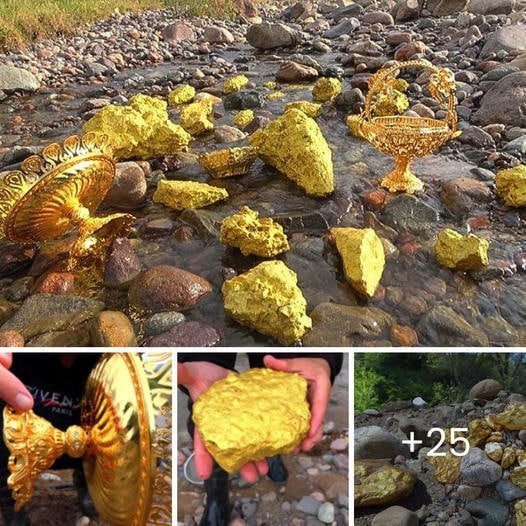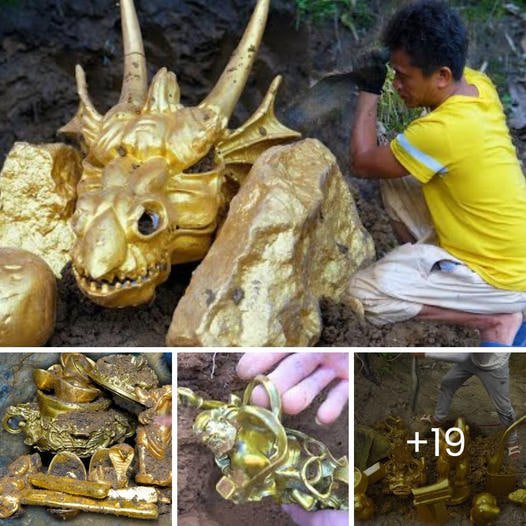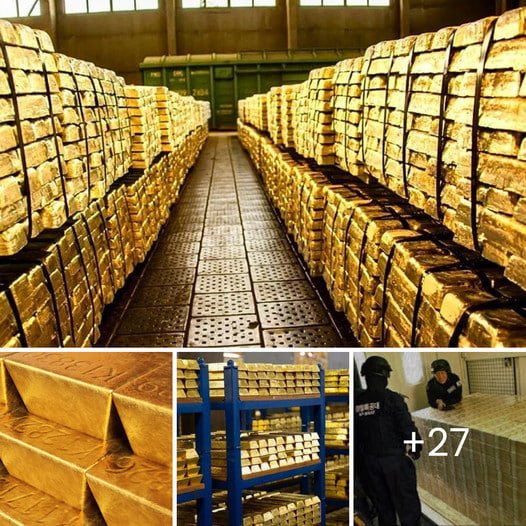The ancient gold treasure of China serves as a symbol of its heritage and economic strength.

The Chinese have a deep-rooted appreciation for gold that has lasted for centuries and has had a profound influence on all aspects of their society. Whether it’s ancient rulers or common individuals, gold represents prosperity, power, and harmony within the Chinese spiritual beliefs. This precious metal has played a significant role in shaping cultural traditions, artistic expressions, and economic principles in China.

Uncover the ancient Chinese heritage of gold through Emperor Qin Shi Huang’s tomb. Much of China’s ancient gold reserves were concealed, buried alongside the elite or kept in treasuries, awaiting rediscovery. The gradual unveiling of these treasures in modern times brings an intriguing and exciting element to China’s ancient gold history. Ongoing archaeological findings, accidental discoveries, and continuous excavations continue to reveal the extent of the nation’s historic gold hoard, providing insight into its economic and cultural significance.

China’s long-standing obsession with gold has gone beyond its historical significance. In modern times, the country is now one of the biggest players in both consuming and producing gold, wielding significant influence over the global gold market.

The discovery of China’s hidden treasure trove, the collection of 1,448 tons of ancient gold spanning centuries, stands as a testament to the nation’s deep-rooted past, its cultural significance, and the lasting legacy of a profound fascination with this precious metal. Unveiling more of its golden heritage secrets reveals China’s enduring connection with gold, continuing to captivate and inspire, adding another dimension to the rich tapestry of human history.

Before proceeding, please provide your feedback by rating this post. Thank you.




